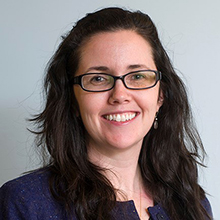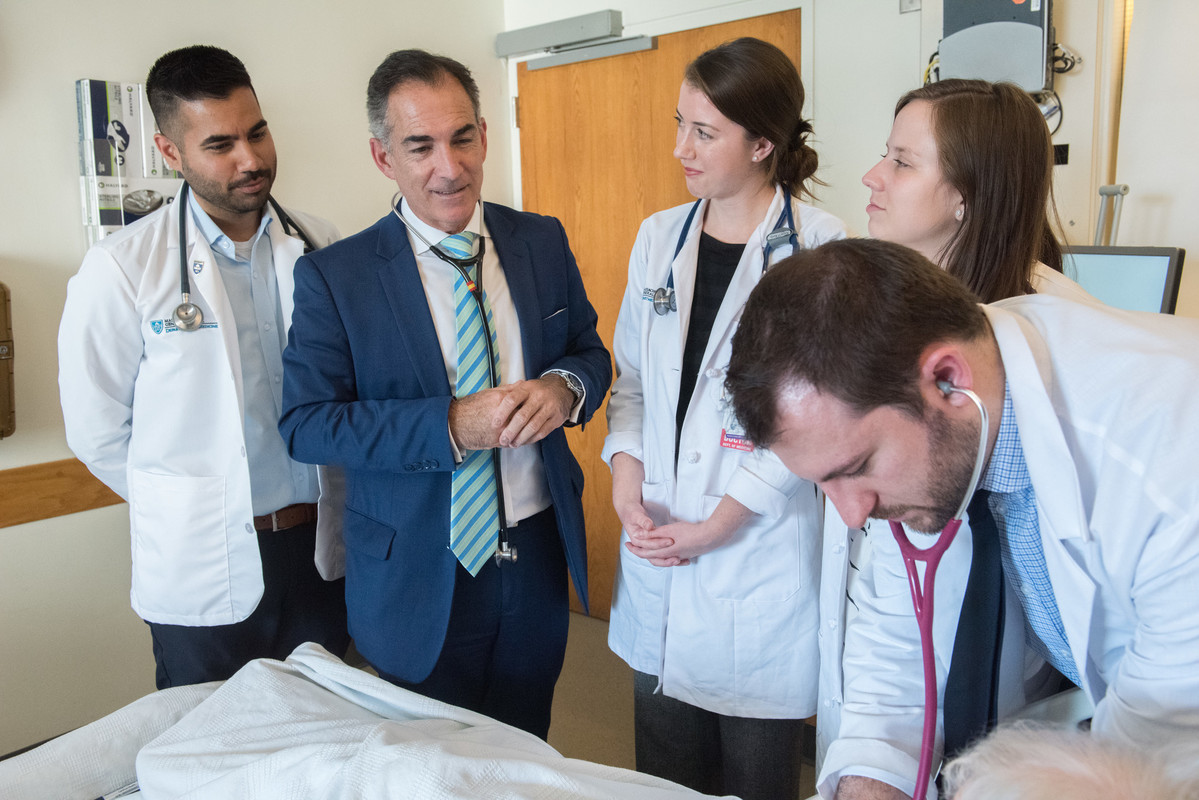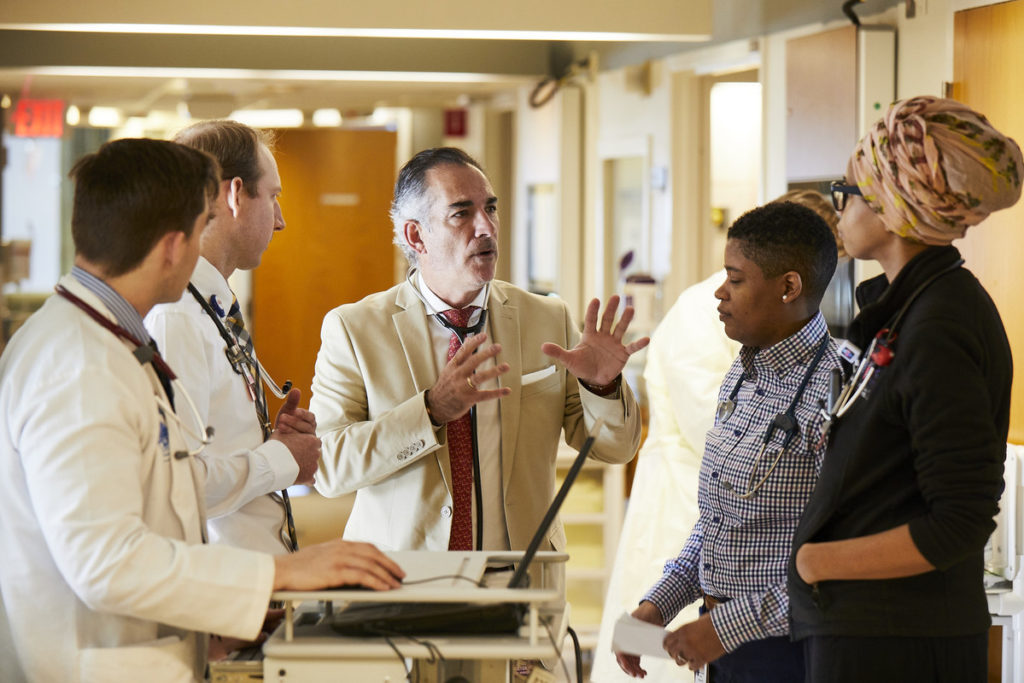Jennifer Magee, DMD, MPH, chief of the Massachusetts General Hospital Division of Dentistry, believes dentists can do more to ensure that everyone has a positive dental experience.
What is it about visits to the dentist that strikes fear in patients?
Dentists work in an intimate area — we are right in our patients’ face and airway. During other medical visits, patients can often separate their focus from the medical procedure and remain calm.
At the dentist, it can be harder. Some of my patients feel like they can’t swallow enough when I am working. They get worried and forget to breathe through their nose. They may anticipate pain — either due to their own experiences or because of stories they’ve heard. For kids, a cousin always has a bad story about the dentist. For adults, it’s the co-worker with the terrible tale.
How do you provide the best care to all patients?
At the Mass General Division of Dentistry, we serve patients in vulnerable populations who may not have access to comprehensive care. We have ways to accommodate them and help them feel comfortable.
I ask my patients, “What is it about being at the dentist that bothers you?” I listen to their response, and we go from there.
I adapt how I provide care. If a patient needs to stand up and move to stay calm during a procedure, I let them. If a patient feels more comfortable receiving treatment in their wheelchair, we do the cleanings that way. Some patients prefer to sit upright because they can better communicate when they feel anxious. I tell all my patients to raise their hand while I am working if they want a break.
We’ve loosened our office policies about cancellations for patients who are dealing with certain challenges — understanding that getting to appointments can be extremely stressful for families. If the patient is not having a great day, it would be better to reschedule.
At Mass General, we can help patients who cannot sit in a dentist chair, such as someone with severe autism. I can treat patients under anesthesia in an operating room and the hospital staff is trained to help when patients feel extreme anxiety. It makes such a difference. Families tell me they feel seen. They feel like: ‘We’ve got them.’
What inspires you to ensure that everyone has access to dental care?
I have always felt a commitment to caring for the underserved, but even more so when my cousin had a child with severe health issues. Learning about her family’s experiences widened my understanding and inspired me to figure out what more I could do to help my patients. I see my role to help provide care to patients like my cousin’s child, so they can live their best lives.

A few years ago, I participated in a grant-funded program where we gave new smiles to women who were victims of human trafficking. For me, that was a great learning experience, because each patient had different dental issues, goals and stress triggers. One patient’s reaction summed up the purpose of the grant. After fitting her for new dentures, she looked in the mirror, smiled and said, ‘I look like me again.’
I also realized that I do not always know about my patients’ past trauma or disabilities, so now I approach all my patients with more understanding.
How can we improve dental care for all patients?
There is a huge gap in care and training. If, during their professional schooling, dentists are not exposed to caring for patients who are medically fragile, who have disabilities or who have experienced trauma, they are unlikely to incorporate lessons learned from this care in private practice.
I have found that many dentists are interested in providing care to patients with diverse needs, but they are unable to find training opportunities to prepare them.
How can philanthropy help?
With more funding, we could create a dental clinic at Mass General that is designed and developed for patients who need and deserve more specialized care delivery techniques. The clinic would provide an environment that is welcoming and comfortable for all patients. My vision is to incorporate training in how to help patients who have particular needs into the hospital’s residency programs.
The impact of this enhanced training could be great, as dental and medical residents would carry the understanding and knowledge of how to help all patients in the community when they graduate and continue on in their careers.
To learn more about, or support the work of Dr. Magee, please contact us.



